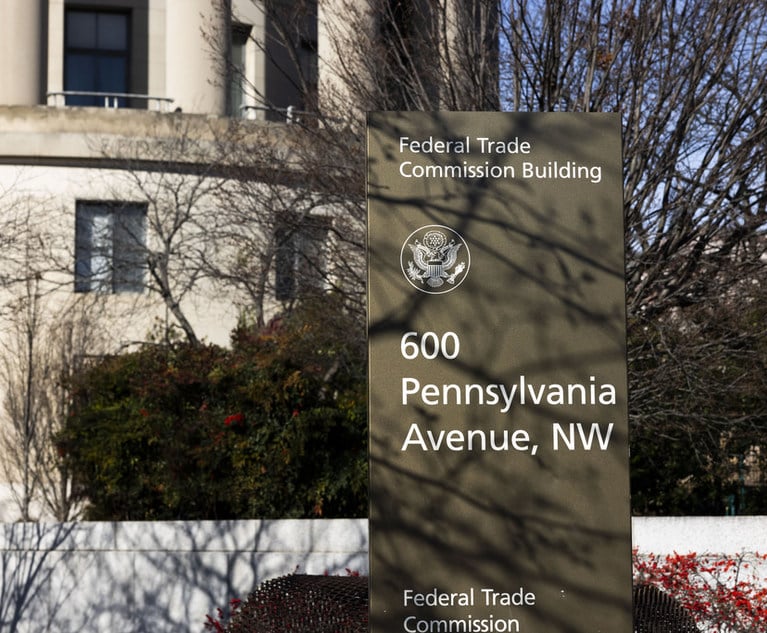NU Online News Service, March 26, 4:05 p.m.EDT
|DENVER–State legislators and insurance regulators at aconference have agreed to work together to find state-basedsolutions to modernize certain areas of insurance regulation.
|Their discussions came at the National Association of InsuranceCommissioners (NAIC) meeting here.
|Legislators struck a more conciliatory tone in their talks withregulators compared to the previous two national meetings, duringwhich the two parties debated a controversial modernizationproposal that would have allowed possible federal preemption ofregulation in some states that did not adopt certain uniformstandards.
|The so-called National Insurance Supervisory Commission (NISC)was an NAIC discussion draft proposal that called for Congressionalauthorization of a commission, made up of state regulators, thatwould develop national standards for certain insurance topics.
|States that were not members of the proposed commission–andfailed to take independent action on uniformity standards developedby the commission within a given time period–would have beensubjected to preemption by a federal Office of InsuranceInformation (OII) or Office of National Insurance (ONI).
|Legislation proposed in Congress would create a federal Officeof Insurance Information.
|State legislators argued that the regulators' proposal wouldhave unjustly preempted state rights and would only be thebeginning of federal involvement in insurance regulation.
|The NAIC said today during the first meeting of the RegulatoryModernization Task Force that it would reserve the right to pursuesuch federal action in the future, but that it will now seekstate-based and state-driven solutions to regulatorymodernization–an aim that won support from the legislators.
|Oklahoma Insurance Commissioner Kim Holland, who chairs the taskforce, said the goal now is to not focus on any specific discussiondraft, but to discuss the "what" and the "why" of regulatorymodernization, and then get to the "how."
|State legislators offered to work constructively with the NAICto develop uniformity where uniformity is necessary, such asproducer licensing, increasing speed to market of products, andregulations for surplus lines.
|But New Mexico State Senator Carroll Leavell, R-Santa Fe, saidthe idea should not be "uniformity for uniformity's sake."
|New Hampshire Rep. Brian Patrick Kennedy, D-Hopkinton, said anymodernization proposal needs to be even-handed, inclusive–involvinglegislators and other state officials as well as regulators–andneeds to be accountable with proper separation of powers.
|He said compacts could possibly be used to achieve uniformity insome areas, pointing to the Interstate Insurance Product RegulationCommission (IIPRC) as an example.
|Alabama State Rep. Greg Wren, R-Montgomery, issued a call forsolidarity between state legislators, regulators and all others whowish to see the continued regulation of insurance at the statelevel.
|He warned that there is momentum in Washington to begin a"legislative assault" on state regulation, and he contended thatproponents of state regulation need to go on the offensive ratherthan play defense.
|Declaring that state regulation has worked well, he said federalefforts at preemption are "trying to put out a fire that does notexist in America today."
|He accused proponents of federal involvement–be it outrightpreemption or an optional federal insurance charter–of using "oldand stale arguments" that are misinformed and inaccurate in orderto achieve their aims. "The red herrings are flopping on theboats," he said.
|Addressing Commissioner Holland's goal of finding out what andwhy change is needed for state regulation, Dennis Johnson,president and CEO of United Heritage, an Idaho-domiciled firm thatcomprises a life insurance company operating in 36 states and twosmall regional property and casualty companies, spoke to variousinefficiencies.
|He said obtaining certificates of authority to operate indifferent states "varies widely with no discernable reason." Henoted that when seeking to obtain certificates in two differentstates, it took five months for one state to respond and nearlythree years for the other.
|Mr. Johnson also cited complications with filing annualfinancial statements, stating that some states develop their ownunique electronic filing processes, adding time, expenses andcomplications.
|He said a computer system problem in one such state resulted inhis company having to defend itself against a $10,000 fine eventhough the information was filed correctly and on time.
|SueAnn Shultz, senior vice president and general counsel of IMAFinancial Group, who is also part of the Independent InsuranceAgents and Brokers of America, spoke to the burden of multistatelicensing requirements, and how they add significant costs anddrain resources for agents.
|Rep. Kennedy, after listening to Ms. Shultz's comments, offeredto begin working with the NAIC on producer licensing and reducingthe burden on agents.
|Commissioner Holland called the task force's first meeting "agreat start to what should prove to be a fruitful endeavor."
Want to continue reading?
Become a Free PropertyCasualty360 Digital Reader
Your access to unlimited PropertyCasualty360 content isn’t changing.
Once you are an ALM digital member, you’ll receive:
- All PropertyCasualty360.com news coverage, best practices, and in-depth analysis.
- Educational webcasts, resources from industry leaders, and informative newsletters.
- Other award-winning websites including BenefitsPRO.com and ThinkAdvisor.com.
Already have an account? Sign In
© 2024 ALM Global, LLC, All Rights Reserved. Request academic re-use from www.copyright.com. All other uses, submit a request to [email protected]. For more information visit Asset & Logo Licensing.








